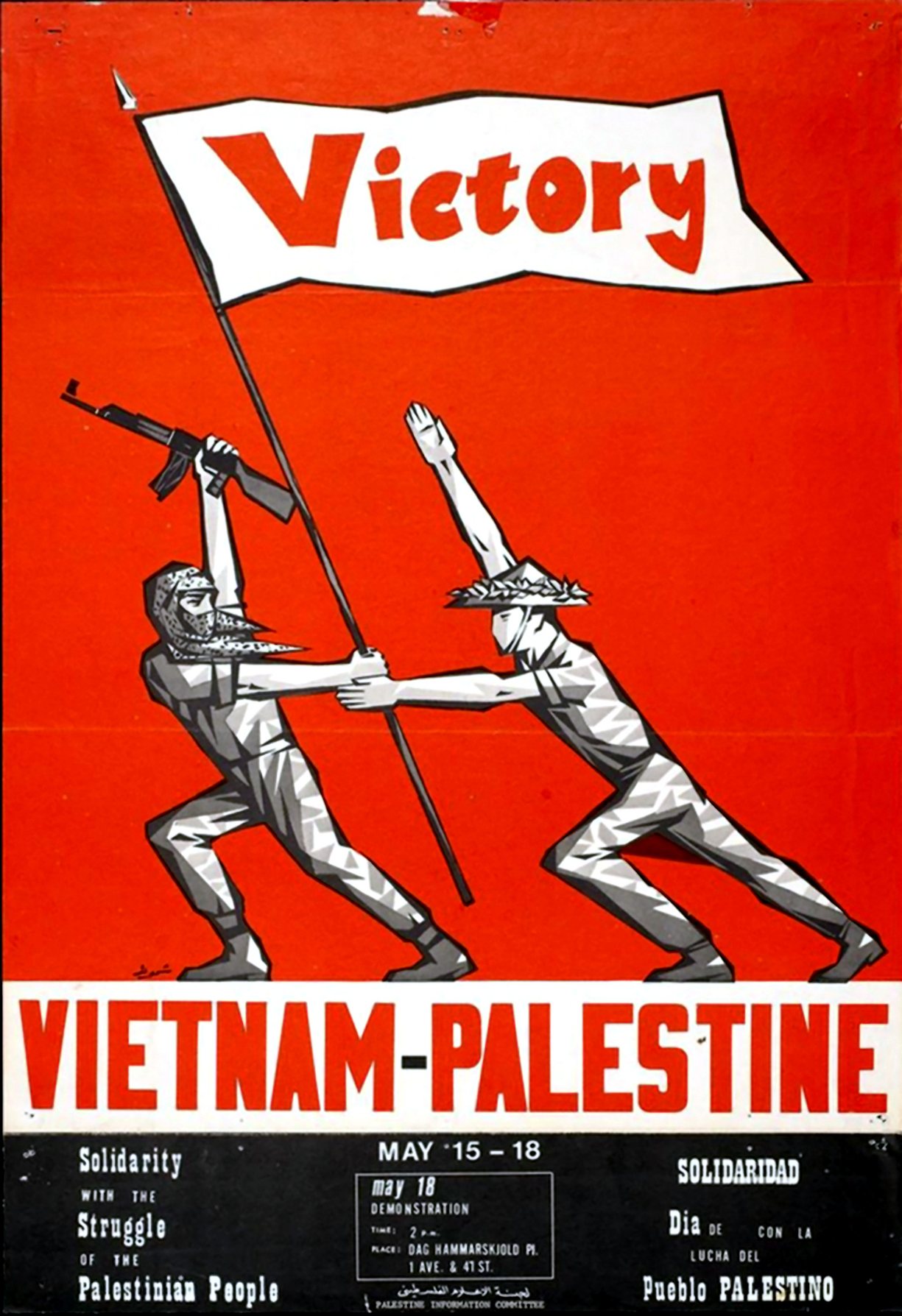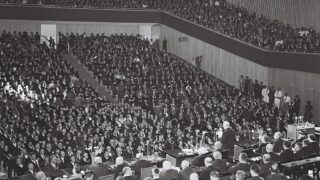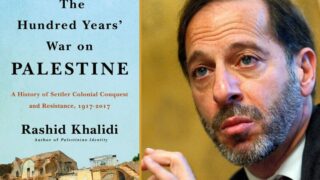Exerpt from the Guardian by Karma Nabulsi :
The largely unknown story of this revolution can now be studied at universities across the world, through a new online teaching resource available in Arabic and English. Covering the 1950s, 60s and 70s, the 12-week syllabus introduces intellectual debates of the time, revolutionary culture, organisational methods and key events, from the battle of Karameh in 1968 to Land Day in 1978. Filmed interviews take us into Palestinian revolutiThis is a year of fateful anniversaries for the Palestinian people: the centenary of the Balfour declaration, when imperial Britain promised to protect Palestinian rights, but abandoned them instead; 70 years since the Nakba (“disaster” in Arabic) began in December 1947, when the majority of Palestinians were dispossessed from their land, remaining refugees to this day; 50 years since the military occupation of the remainder of Palestine in 1967. Yet last year gave us the 50th anniversary of a radically different landmark: the Tricontinental conference of 1966, the “solidarity conference between the peoples of Africa, Asia and Latin America”, a moment that became a beacon for anti-colonial resistance across the world, and one that had the Palestinian revolution at its heart.
The largely unknown story of this revolution can now be studied at universities across the world, through a new online teaching resource available in Arabic and English. Covering the 1950s, 60s and 70s, the 12-week syllabus introduces intellectual debates of the time, revolutionary culture, organisational methods and key events, from the battle of Karameh in 1968 to Land Day in 1978. Filmed interviews take us into Palestinian revolutionaries’ first meeting with Che Guevara in 1960s Algeria, showing the links forged in that room.onaries’ first meeting with Che Guevara in 1960s Algeria, showing the links forged in that room.




